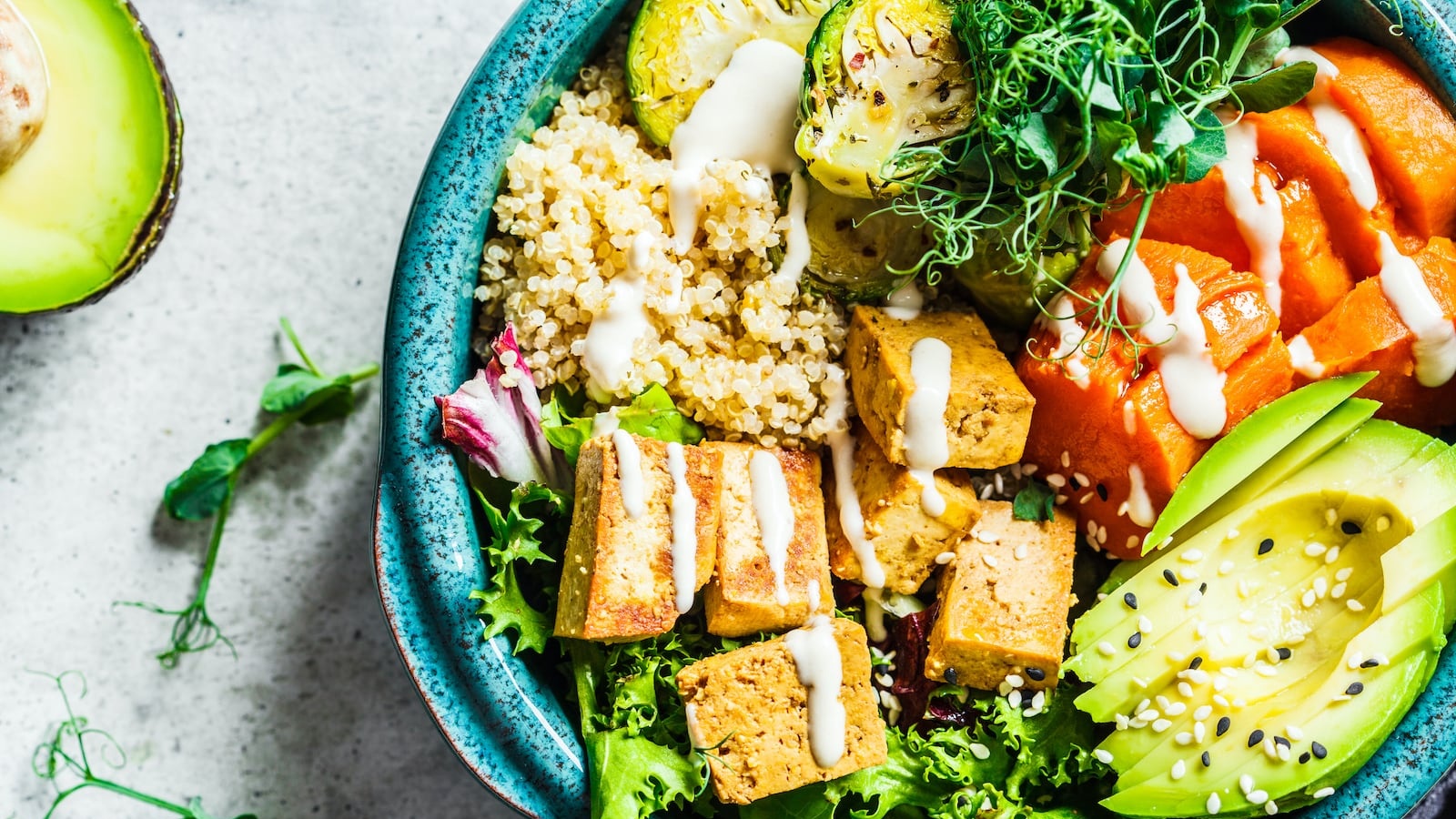Prebiotics, Probiotics & Postbiotics: What Does My Body Need?
I love a good tongue twister as much as the next person, but sometimes that can get in the way of good nutrition advice. But when it comes to the topic of healthy bacteria (the good guys that make up your microbiome) it can be a little confusing. Between prebiotics, probiotics, postbiotics, you might end up asking yourself, “what does my body actually need?”, and that’s what I’m here to explain to you.
First up, let’s talk about bacteria.
The gut is home to billions of bacteria that make up it’s overall health. This is often known as the gut microbiome, gut flora, or gut colony. And while we’ve been conditioned to think that bacteria are gross and dirty, we actually want a diverse and thriving bunch of microbes floating around our gut.
According to Healthline, “The gut microbiome plays a very important role in your health by helping control digestion and benefiting your immune system and many other aspects of health. An imbalance of unhealthy and healthy microbes in the intestines may contribute to weight gain, high blood sugar, high cholesterol, and other disorders.”
So how do we get more of these good bacteria?
Through the diet of course! This is why we love prebiotics, probiotics, and postbiotics - for all of their different benefits.
What are prebiotics?
It’s helpful to consider the ‘biotics’ process like a three-step journey. Prebiotics are the first stage of that journey. Prebiotics are a type of fiber that’s unable to be absorbed by the body, but acts as a source of fuel or ‘food’ for the bacteria within the gut. But while these are often thought of as simply a nutrient source, studies have shown that they can also contribute to other health benefits in the body, such as improved calcium absorption and quicker carbohydrate metabolism.
What are probiotics?
Probiotics are the stage of this journey we know and love. These are the microorganisms of bacteria and yeast that make up our gut, which we develop and built throughout our lives. It is widely believed that much of our microbiome is developed in utero, but with the right foods and lifestyle habits, we can influence and encourage the growth of good bacteria.
What are postbiotics?
Postbiotics are the aftermath of a happy gut. While they’re almost a byproduct or waste of probiotics, they’re also believed to be what exerts the wonderful health benefits on the body.
So, if you’re still asking yourself what your body needs, here’s the answer.
In short, you need them all! A diet rich in both prebiotics and probiotics will best support your body holistically, boost your immune system, and counter the health risks from bad bacteria. Prebiotic-rich foods include almonds, chicory, garlic, and chickpeas. Foods for postbiotics, contrastingly, are typically anything fermented. Think miso, kefir, sauerkraut, or yogurt for the ultimate health hit.










